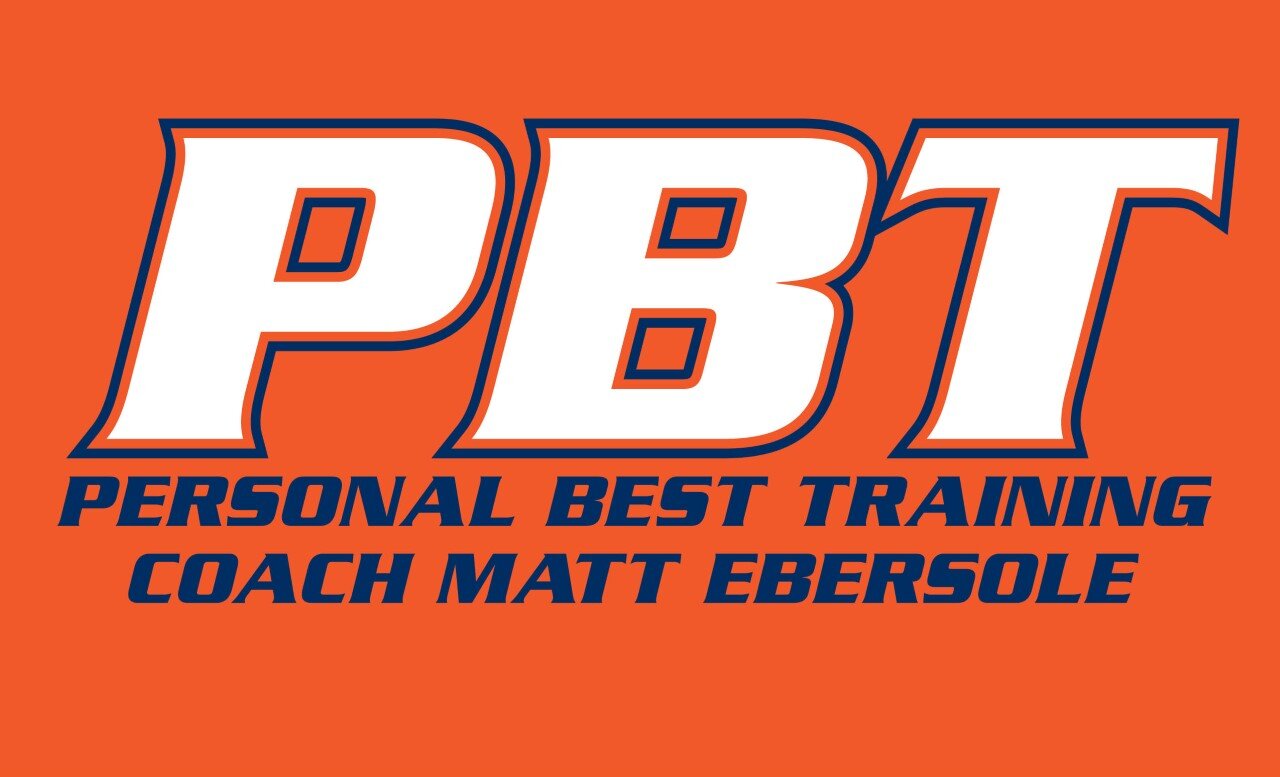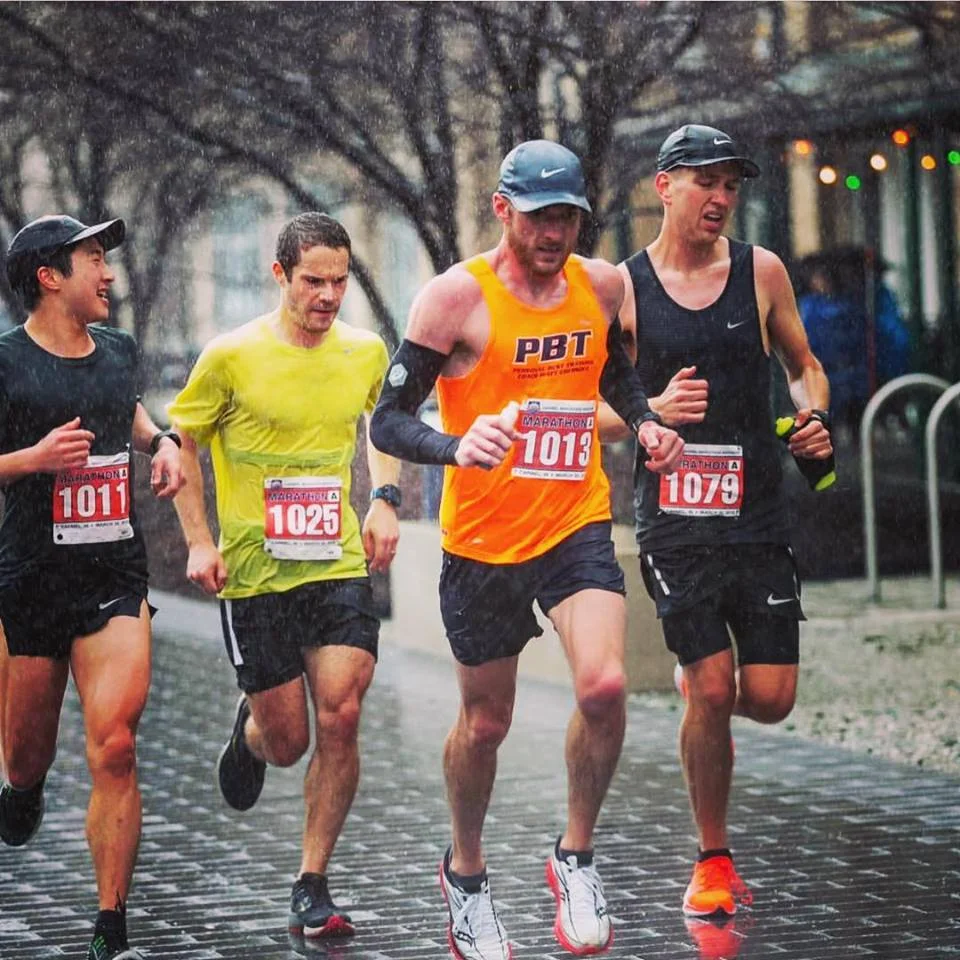Wes Doty and crew fighting through some trying conditions.
Because you put a great deal of time and energy into your racing, forsaking other pursuits, it is worthwhile to examine and learn from each time into the fray. Let’s look at some ways you can judge and learn from your racing. The most basic and my favorite way of judging my own races is my feeling as I cross the finish line. If I am thrilled, relieved, or disappointed it usually outweighs time or place. The initial feeling at the end of a race is nearly impossible to fake and usually says much about that day’s effort.
To utilize racing to it’s utmost, let’s go a little deeper with further inspection.
Did you race your plan? If so, was it the best plan for that particular race? If not, did your in-race change of plan pay off? The answers here will make for a better plan next time, but also help plan possible contingencies for what may happen in terms of conditions, competition, and how you are feeling that day.
Did you accurately evaluate your fitness? I find predicting races from races is more reliable than predicting races from training. However, good training history with key duplicated workouts can be very helpful. This is also a good reason for some low key tune up races before something important rolls around.
Were the variables as expected and did you properly account for them? You might very well be in 90 minute half marathon shape, but on a hot, hilly, or windy day, you better be ready to run a few minutes faster to hit 1:30 for 13.1.
Exceptional racing requires the right mix and timing of patience, aggression, and toughness. The wrong timing or a missing ingredient will lead to the charred ruin of solid training and high hopes somewhere between the start and finish lines. We can sugar coat and speak philosophically about racing, but it will always come down to pain tolerance. This is the sport we have chosen.
There are times I have a runner finish with disappointment which often warrants further investigation of their result. Here is the quick checklist I like to run through with a disappointed runner that seemed to get the mix right, but still had unsatisfying results.
Was the course as expected?
Were the conditions as expected?
If not, were either or both of these accounted for in your post race expectations?
Taking a look at the race results may prove helpful by looking how you fared against other known competitors. Did you get beat by people that don’t normally finish in front of you or did you finish before others that are usually faster?
How are the time gaps if the order of finish was normal? Were you closer or further back? If time or place against competition is in your favor, it may just not have been a day to run fast. If these are not in your favor, you may be justified in being bummed about your performance. Occasionally, you can be happy when you cross the line only to find people ran out of their minds fast and you were just average, so this can cut both ways.
Did you give in when doubt set in or when the race got difficult? Were you able to overcome the rough spots that tend to come and go even on great days?
When it comes to that last question, I cannot fully convey how important it is to keep fighting hard through a race. Racing is not simply about fitness, but also about the skill of racing. Knowing how to plan, adjust, and give your best are skills that will reward all the training miles and effort. We get good at what we train, and if you allow yourself to give in when races go sideways, you get good at giving up and this becomes your default race setting. Sure there are times when it’s smart to pull the plug, but they are few and far between. The skills of running are highly underrated. True breakthroughs in running are very rarely about undiscovered fitness. Almost always they are about racing skill meeting the right set of conditions.
Upon further review if you had a great race take it as confirmation you are doing the right things in the right way. If you had a not so great day, evaluate and figure out what went wrong. Bad days happen, but if bad days become a trend it’s time to make training adjustments or work on specific racing skills for happier finish lines.

